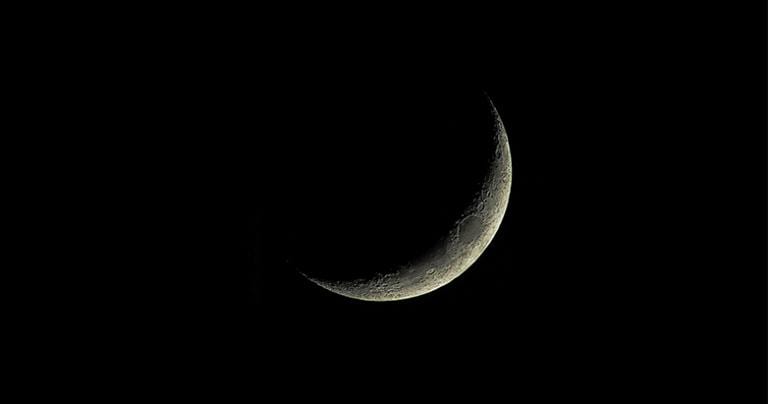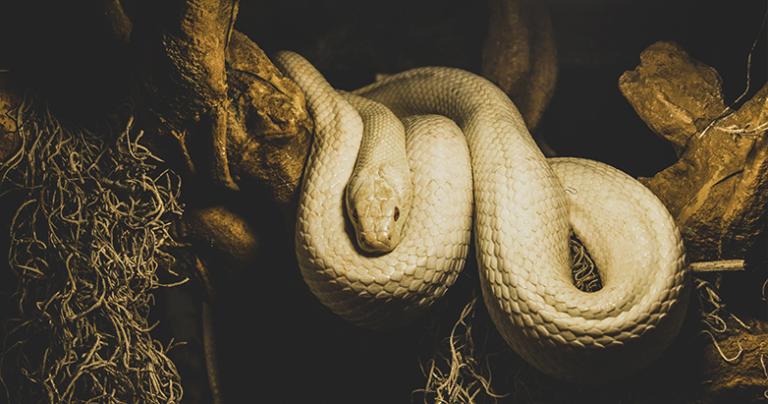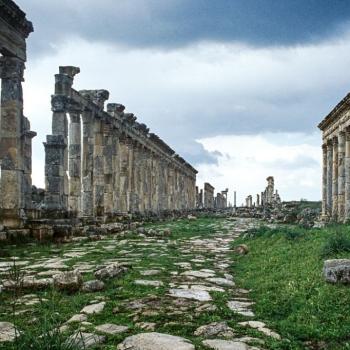The crescent moon is highly respected and important in the Muslim world, something that could date back to pre-Islamic times. The reason is that it was and is still used to determine the religious calendar of the faithful, but could it be possible that it was seen as a God before the times of Muhammad? If you ask me, it is very probable.

Not Much Information
First, it is surprising that there is no mention of Hilal or the Crescent Moon on The Book of Idols, but, even more surprising, is the fact that He is mentioned in the Wikipedia page “List of pre-Islamic Arabian deities” as “a god of the new moon”, even though He’s the only one without attestations either during the Pre-Islamic era or the Islamic tradition according to the same page. On the other hand, the page for Hilal specifies that this word is for “the crescent Moon visible after a new Moon, determining the beginning of a month in the Islamic calendar”.
Esposito, in The Oxford Islamic Studies Online, edited by Esposito, agrees with this idea:
The crescent moon, the sighting of which is important for the determination of when certain religious duties and practices must take place. The Quran says that new moons are “fixed seasons for humankind and for pilgrimage” (2:189)*. The need to determine the precise appearance of the hilal was one of the inducements for Muslim scholars to study astronomy. When it became apparent that sighting the new moon by the naked eye was not exact, some Muslims (primarily Ismailis) argued for calculating (hisab) the appearance of the new moon. The majority of Sunni Muslims have rejected calculation in favor of visual sighting.
The only full description I could find about a God with this name was from Yunajjam (2011):
Hilāl is the Meccan moon god; the deification of the very slender waxing or waning crescent moon which was first visible before and after a new moon, heralding the start of the month of Ramadan: this was a sacred time for the pre-Islamic Arabs of Mecca and the Hijaz, during which they fasted and feasted, and all tribal feuding and misbehavior was forbidden. The influence of the moon god was considered to be beneficial and encourage the growth of date palms: whereas the sun goddess Shams would scorch the ground and cause discomfort, particularly in the high summer of the month of Ramadan, a time when Hilāl was called upon especially. Amulets in the shape of crescent moons were worn to gain the influence by and protection of the moon god by many Semitic cultures.
Hilāl was an important deity of the tribe of Banu Kinanah who lived to the south of Mecca, and the significance of the crescent moon as the marker of the beginning of Ramadan heightened the gods status in the religion of the Arabs of the pre-Islamic Hijaz. The classical Arabic name of the god in his form of the full moon is al-Qamar. Other names for the moon god across the Arabian peninsula include the classical Arabic an-Nayyir (‘The Luminous One’); Sayin (cognate of the Babylonian Sin) to the ancient Hadramites; Kahl to tribe of Kindah; Wadd (‘Platonic love’) to the Minaeans and Warakh (‘Wanderer’) to the Himyarites and Sabaeans. A common act of moon-worship among the Semites was to kiss the hand upon seeing it.

The Elusive God
While it’s a fact that the Banu Kinanah lived close to the Mecca (Peters, 1994), to include the name of the Ramadan would be incorrect, since it is the name given in the Quran to this month, and the book itself says that God created the moon, among other things, in sura 7:54. What would be correct, in this case, is to use the pre-Islamic name of the month, which would be Nātiq, نَاتِق (an-Naml, K. 1989). If I’m not mistaken, this word could translate either as “naughty” or as “orator”.
When I tried to connect with this deity a few days ago, I could only get the image of a white snake and felt His energy was eluding me, like a little child who was hiding on purpose. I even thought this was some kind of joke. I couldn’t get any other response from Him, but I didn’t get the idea that it had been a failed connection. It makes sense now that I read about all of this.
A deity that governs the months and determines their beginnings and endings shouldn’t be able to be defined, even less if, after asking about “Natiq” to my uncle and aunt, they were unable to tell me what that word means. As I read and worked on this article, I felt I was on the right path, no matter how vague and elusive it all seemed to be at first sight.
When I call for the pre-Islamic Gods, I always get a specific feeling with each name, but Hilal has always been the elusive one, although His always felt good, and I never gave this much thought. Now it all makes perfect sense.
It would be too soon to say anything about the nature of Hilal, but knowing a bit more about Him and what His energy is like, I feel more confident about when I can call for Him, and what for, maybe even how. I have the impression he can be the most playful and restless of the pre-Islamic pantheon so far, but also the one that can help the most when in need of a sudden change. Only time can tell, but meanwhile, I will keep on connecting with Him and see what happens.
* I included a different link for public viewing that doesn’t require registering, and offers several translations of that sura.
References:
- an-Naml, K. 1989. al-Muntakhab min Gharīb Kalām al-ʿArab. El Cairo: Dar Al-Fajr.
- Esposito, J. L. (ed.), “Hilal.” In The Oxford Dictionary of Islam. Oxford Islamic Studies Online.
- Peters, F., 1994. Muhammad And The Origins Of Islam (SUNY Series In Near Eastern Studies). Albany: State University of New York Press.
- Yunajjam (P.V.D), A., 2011. Mythology And Religion Of Pre-Islamic Arabia: Deities, Spirits, Figures And Locations.


















